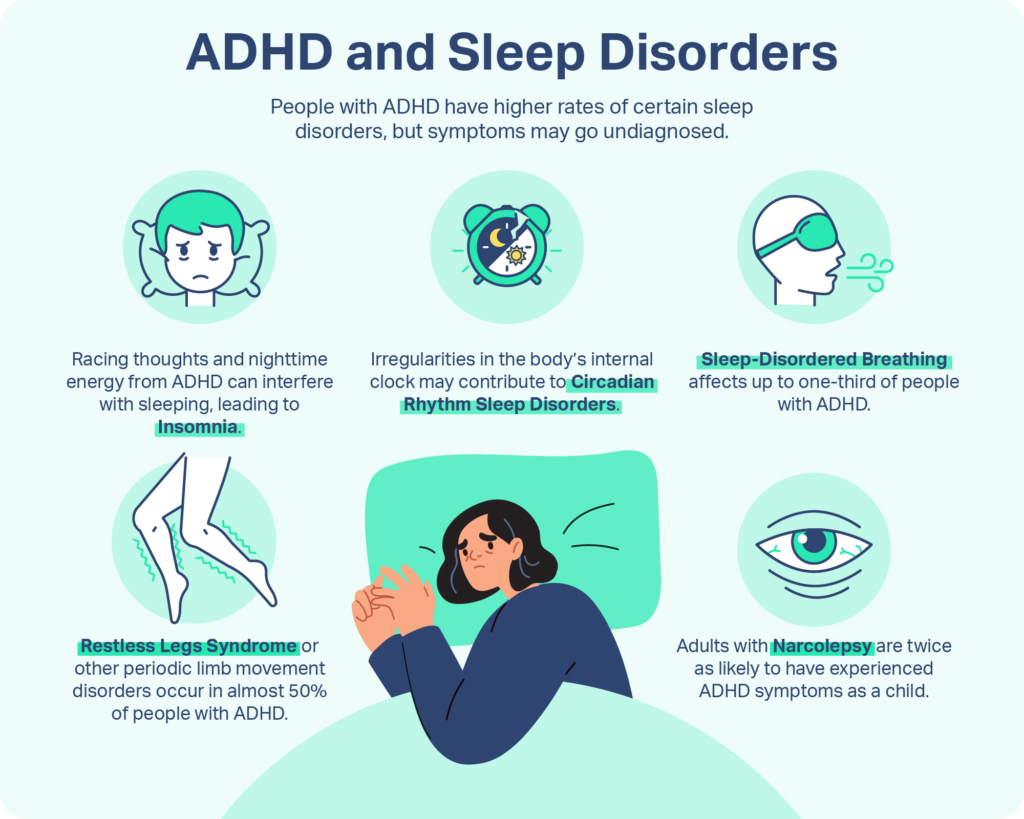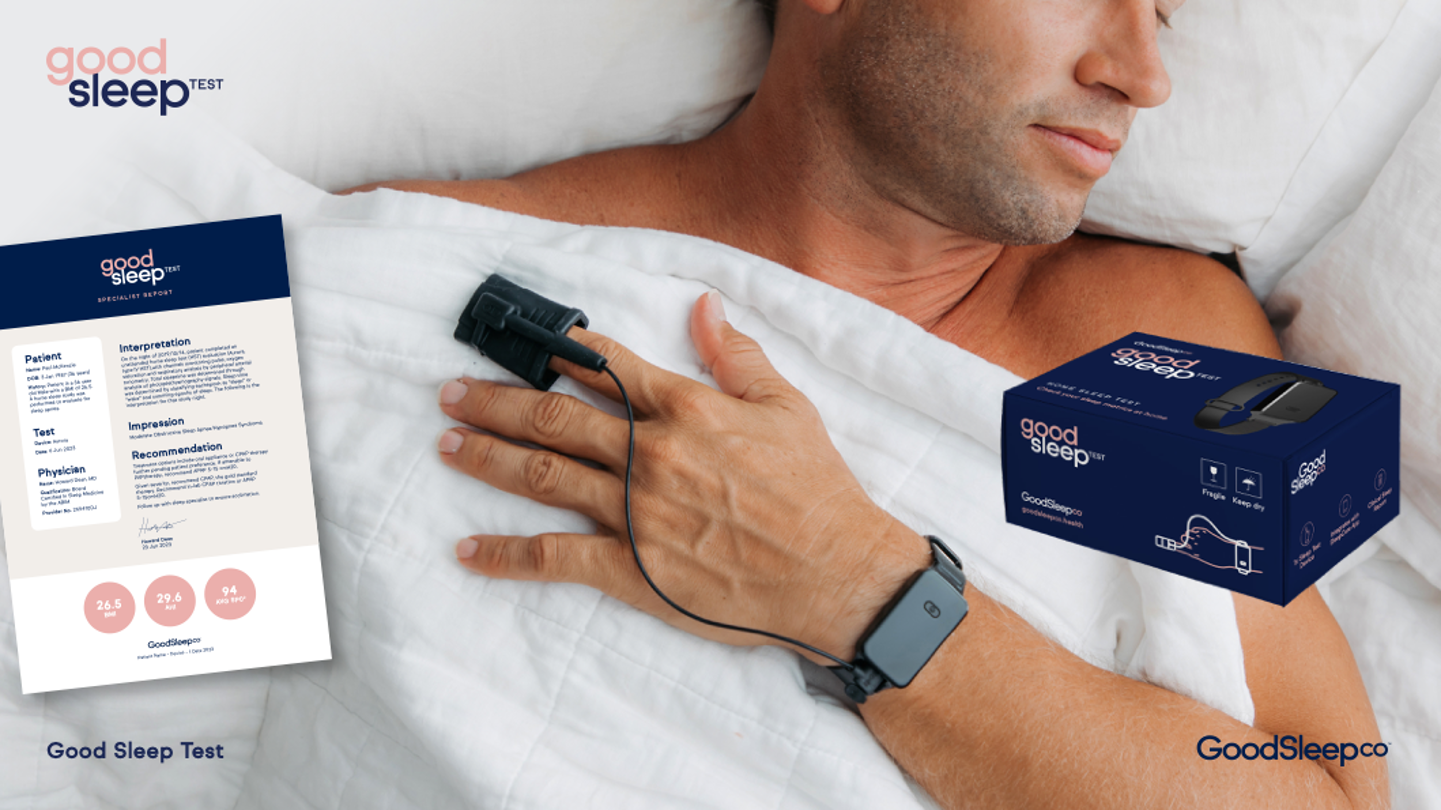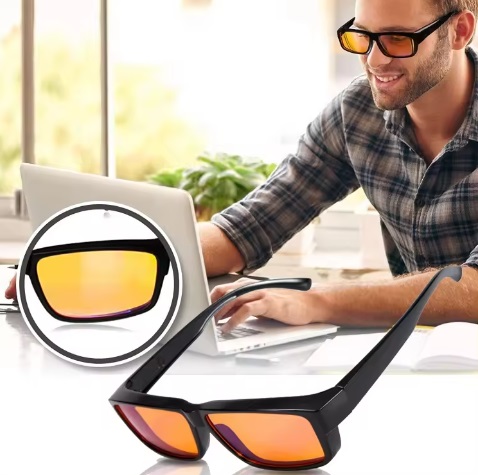
The Power of Blue Light Blocking Glasses: How They Can Help Protect Your Eyes and Improve Your Sleep
In today’s digital world, it’s nearly impossible to avoid the constant exposure to screens. Whether you’re working on a computer, watching TV, scrolling on your phone, or playing video games, we spend a significant portion of our day staring at devices that emit blue light. While blue light is a natural part of sunlight, prolonged exposure to it—especially from artificial sources—can have detrimental effects on our eyes and overall health.
Enter blue light blocking glasses: a popular solution that’s been gaining attention for their potential to reduce the negative effects of screen time. But how exactly do these glasses work, and how can they benefit you? Let’s dive in.
What is Blue Light and Why Does it Matter?
Blue light is a high-energy, short-wavelength light that is emitted by digital screens, as well as artificial lighting like LED lights. It’s part of the visible light spectrum and has a wavelength between 380 to 500 nanometers. This light is everywhere in modern life, from your smartphone screen to the overhead lights in your office.
While blue light is natural and beneficial during the day because it boosts alertness and helps regulate our circadian rhythm (our body’s internal clock), overexposure—especially in the evening—can cause problems.
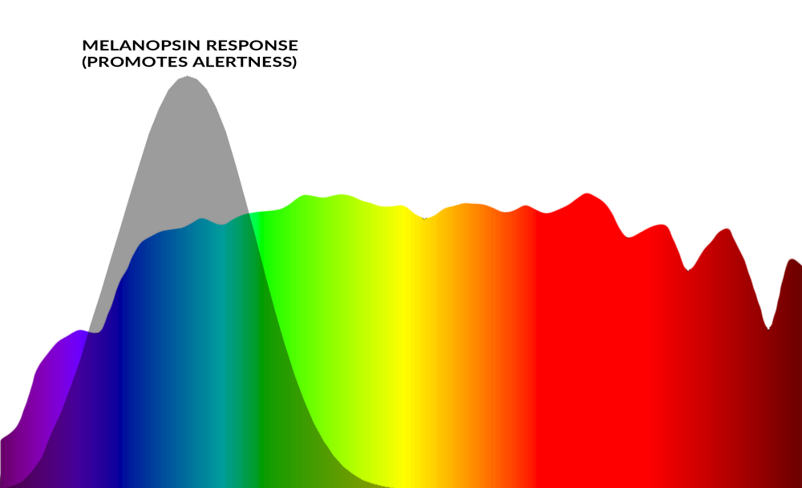
The Negative Effects of Blue Light Exposure:
- Eye Strain: Prolonged exposure to screens can cause digital eye strain, also known as computer vision syndrome. Symptoms include dry eyes, headaches, blurred vision, and discomfort.
- Disruption of Sleep Patterns: Blue light interferes with the production of melatonin, the hormone responsible for regulating sleep. When we’re exposed to blue light at night (especially from screens), it can delay or disrupt our sleep cycle, making it harder to fall asleep and stay asleep.
- Potential Long-term Damage: Some studies suggest that prolonged exposure to high amounts of blue light could contribute to retinal damage over time, increasing the risk of conditions like macular degeneration. While more research is needed in this area, experts recommend protecting your eyes as a precaution.
How Do Blue Light Blocking Glasses Work?
Blue light blocking glasses are designed to filter out or absorb the blue light emitted from digital screens, artificial lighting, and other sources. These glasses typically feature lenses with a special coating that blocks or absorbs blue light before it reaches your eyes.
How they work:
- Filter the blue light: The lenses are treated with a coating that selectively blocks or absorbs blue light, especially in the higher wavelengths that are believed to contribute to eye strain and sleep disruption.
- Reduce glare: Many blue light blocking glasses also reduce glare, which can make viewing screens more comfortable and reduce eye strain.
- Protect your eyes: By reducing blue light exposure, these glasses help protect your eyes from potential long-term damage and reduce the discomfort that comes with prolonged screen use.
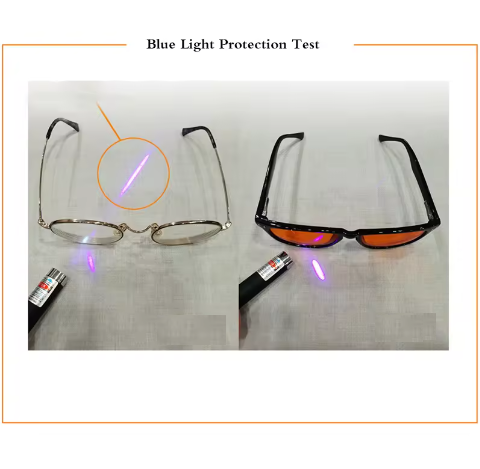
Benefits of Blue Light Blocking Glasses
- Reduce Digital Eye Strain
One of the most immediate benefits of blue light blocking glasses is the reduction in digital eye strain. If you’re someone who spends hours in front of a computer screen or using other digital devices, these glasses can significantly reduce the discomfort associated with eye strain. By minimizing exposure to blue light, they can help alleviate symptoms like dryness, fatigue, and headaches.
How it helps:
- Relieves symptoms of digital eye strain, such as headaches, dry eyes, and blurred vision.
- Makes long hours in front of screens more comfortable.
- Improve Sleep Quality
As mentioned earlier, exposure to blue light—especially in the evening—can disrupt the production of melatonin, which affects your sleep cycle. By wearing blue light blocking glasses, particularly in the hours leading up to bedtime, you can reduce blue light exposure and help restore your natural circadian rhythm.
How it helps:
- Reduces the disruption to melatonin production, helping you fall asleep more easily and improve sleep quality.
- Helps prevent sleep disturbances from using digital devices before bed, making it easier to maintain a consistent sleep schedule.
- Protect Long-Term Eye Health
While the research on long-term blue light exposure and its link to macular degeneration is still ongoing, many experts agree that it’s better to be cautious and protect your eyes from excessive screen time. By wearing blue light blocking glasses, you may help safeguard your eyes against potential damage from prolonged exposure to high-energy light.
How it helps:
- Potentially reduces the risk of retinal damage or other eye conditions caused by extended blue light exposure.
- Acts as a preventive measure to protect your eye health as you age.
- Reduce Headaches and Migraines
For individuals who suffer from screen-related headaches or migraines, blue light blocking glasses may offer relief. The glare and brightness from screens can trigger these conditions, and by wearing blue light blocking glasses, you can reduce the intensity of these symptoms.
How it helps:
- Lessens the likelihood of headaches and migraines triggered by screen use.
- Makes screen time more tolerable for those with light sensitivity.
- Enhance Focus and Productivity
Some users report feeling more focused and less fatigued when wearing blue light blocking glasses. By reducing eye strain and discomfort, you can maintain higher productivity and stay alert longer during your work or study sessions.
How it helps:
- Reduces the fatigue and discomfort that may make focusing difficult during long hours of screen use.
- Helps you stay comfortable and engaged during tasks that require extended attention.
When to Wear Blue Light Blocking Glasses
For maximum benefit, it’s essential to wear your blue light blocking glasses during the right times. Here are a few situations where they can be particularly effective:
- During Screen Time: Whenever you’re working on a computer, tablet, or smartphone, wearing these glasses can reduce eye strain and discomfort.
- In the Evening: To prevent sleep disruptions, wear them in the evening when you’re using digital devices, especially 1-2 hours before bedtime.
- For Extended Periods of Use: If you work for long hours on digital devices, consider wearing the glasses throughout the day to prevent digital eye strain.
- When Using Artificial Lighting: In environments with harsh artificial lighting, especially LED lighting, blue light blocking glasses can help reduce glare and protect your eyes.
Choosing the Right Blue Light Blocking Glasses
When selecting blue light blocking glasses, consider the following:
- Lens Quality: Make sure the glasses have lenses with a proven ability to block or absorb blue light, ideally between 380 to 500 nanometers.
- Comfort: Look for frames that are comfortable and fit well, especially if you’ll be wearing them for extended periods.
- Aesthetics: Blue light blocking glasses come in a variety of styles. Choose a pair that you’ll feel comfortable wearing throughout the day or night.
- Reviews and Recommendations: Consider researching reputable brands and reading customer reviews to find glasses that meet your needs.
Conclusion: Should You Try Blue Light Blocking Glasses?
If you’re someone who spends significant time in front of screens, experiences digital eye strain, or struggles with sleep disturbances, blue light blocking glasses may be a game-changer. By filtering out harmful blue light, they can help reduce eye strain, improve sleep quality, and protect long-term eye health. Whether you’re working late into the evening or simply looking for relief during your daily screen time, these glasses can provide comfort and protection for your eyes.
While they may not be a cure-all, they’re a simple, effective tool that can make a noticeable difference in your screen-related health and well-being. If you’re looking for an easy way to improve your digital habits, blue light blocking glasses are definitely worth considering.

